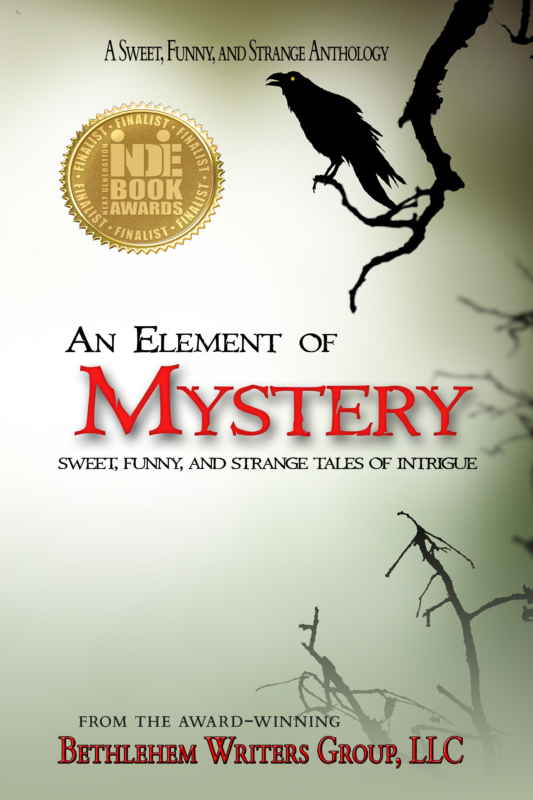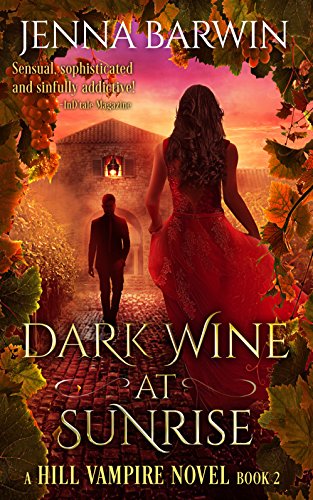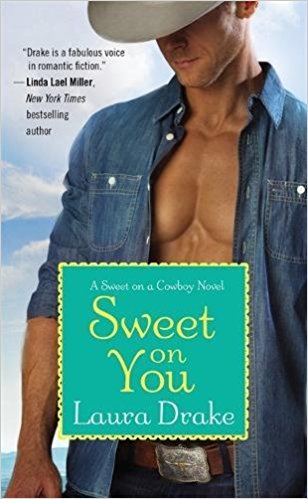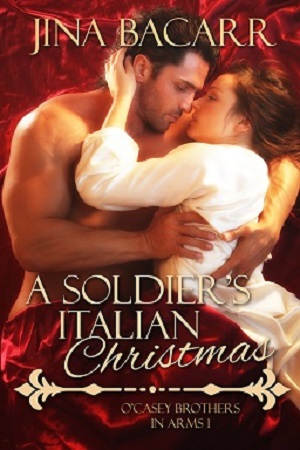
Weird. Dumb-ass. Late bloomer. How wonderfully my family described me. Yeah, you guessed it. I hated me, too. At fifteen, I had the social skills of a toilet brush. I spent most of my day desperately trying to say the right thing, so maybe I’d have some friends. Only in World History did I feel accepted. With her fantastic stories, my teacher brought history
alive. She encouraged discussion. Even seemed to like me.
Forty-plus years later, I still remember how the room smelled of chalk and the musky perfume of the cheerleader who sat four chairs away; how it had a cooped-up warmth from the hour-long exhaling of twenty people. We sat crammed into small desks, the kind you slid into from the side with a writing surface big enough only for a single sheet of paper. Up front sat the teacher, the green blackboard behind her filling the entire wall.

Eager to express myself, I was quick to add my opinion on socialism. I spoke against welfare and social security. Rather, I said we should take care of each other. I didn’t believe the government needed to provide these services. In fact, I thought the government did a rather poor job. I suppose I didn’t express myself well; I wasn’t clear. Even to this day, I don’t fully understand why my opinion that people should look to themselves, rather than the government, to help their neighbor, should ignite such anger. Surely, at most, I was hopelessly naïve.
For a full twenty minutes, the class raged against me, calling me mean, harsh, unkind and unfeeling. Bewildered, I tried to explain my position, but the voices only grew louder more hateful. At the end of the class, the teacher asked me to stay behind. I stood beside her desk shaking from the effort to hold back my tears. Tall and skinny, I clutched my books in front of me, my shoulders rounded down against the recent blows. I thought she would apologize to me for letting the class get out of control. I thought she saw my hurt. Instead, very gently, she said, “I’d like to tell you
about the Christ.”
Perhaps I should thank her. In one sentence she managed to teach me why the separation of church and state is absolutely necessary. After all, I’d just been told by a person, put in a position of authority by the government, that my political opinions were so heinous that I must be a heathen and in need of religious indoctrination, which she was eager to supply. I politely informed her that I regularly attended church.
*
Pivotal moments in our lives are marked by strong emotions: rage, hatred, shame, regret, fear, joy, hilarity, ecstasy. It is essential that we writers learn to convey these strong emotions to our readers. Story is emotion based. If we are not feeling, we’re not reading.[1] So how does a writer learn to convey emotion? How do we teach ourselves this skill? My solution is to feel the emotion myself by first writing about a pivotal moment in my life. By grappling with my own past, by dredging up a betrayal, or the bitterness of regret, by reliving a moment of pure joy, I find that my subsequent writing tastes real. Of course, when the emotions I’m reliving are negative, the cost to me is huge, because I must bleed again, before my characters bleed at all.
- Author Bio
- Recent Posts
- Books
-
April 25, 2024Weird. Dumb-ass. Late bloomer. How wonderfully my family described me. Yeah, you guessed it. I hated me, too. At fifteen, I had the social skills of a toilet brush. I spent most of my day desperately trying to say the right thing, so maybe I’d have some friends. Only in World History did I feel […]
-
February 25, 2024
I wanted to stop forgetting appointments and lunches with friends. I wanted to keep track of events days, weeks, months and even years into the future.
-
January 25, 2024
I’d been invited to a posh dinner to honor director Martin Scorsese. I decided to drive to ‘The City.’ My friend recommended that I take the Lincoln Tunnel. Twilight found me approaching the entrance; I glanced at my gas gauge.
I was young and naive, but I wasn’t worried. “Those New Yorkers are smart,” I said to myself. “I bet they’ve built a gas station right at the entrance of the tunnel.”
-
December 25, 2023
My main issue with fiction, written in first person, is interior dialogue. Often interior dialogue is self-serving—or rather author-serving.
-
September 25, 2023
This is a true story.
Two nights ago, I had a dream I could fly. I opened my arms wide, pulled the wind toward me and felt my feet lift off the ground. It was glorious. With my engineering-trained mind I quickly sought practical applications.

Related
Affiliate Links
A Slice of Orange is an affiliate with some of the booksellers listed on this website, including Barnes & Nobel, Books A Million, iBooks, Kobo, and Smashwords. This means A Slice of Orange may earn a small advertising fee from sales made through the links used on this website. There are reminders of these affiliate links on the pages for individual books.
Search A Slice of Orange
Find a Column
Archives
Featured Books
AN ELEMENT OF MYSTERTY: SWEET, FUNNY, AND STRANGE TALES OF INTRIGUE
Dare you read our latest Sweet, Funny, and Strange® Anthology?
More info →DARK WINE AT SUNRISE
A seductive spy. An alpha vampire. A deadly conspiracy determined to kill them both...
More info →A SOLDIER’S ITALIAN CHRISTMAS
A soldier and a nun discover forbidden love in war-torn Italy during the winter of 1943.
More info →Newsletter
Contributing Authors
Search A Slice of Orange
Find a Column
Archives
Authors in the Bookstore
- A. E. Decker
- A. J. Scudiere
- A.J. Sidransky
- Abby Collette
- Alanna Lucus
- Albert Marrin
- Alice Duncan
- Alina K. Field
- Alison Green Myers
- Andi Lawrencovna
- Andrew C Raiford
- Angela Pryce
- Aviva Vaughn
- Barbara Ankrum
- Bethlehem Writers Group, LLC
- Carol L. Wright
- Celeste Barclay
- Christina Alexandra
- Christopher D. Ochs
- Claire Davon
- Claire Naden
- Courtnee Turner Hoyle
- Courtney Annicchiarico
- D. Lieber
- Daniel V. Meier Jr.
- Debra Dixon
- Debra H. Goldstein
- Debra Holland
- Dee Ann Palmer
- Denise M. Colby
- Diane Benefiel
- Diane Sismour
- Dianna Sinovic
- DT Krippene
- E.B. Dawson
- Emilie Dallaire
- Emily Brightwell
- Emily PW Murphy
- Fae Rowen
- Faith L. Justice
- Frances Amati
- Geralyn Corcillo
- Glynnis Campbell
- Greg Jolley
- H. O. Charles
- Jaclyn Roché
- Jacqueline Diamond
- Janet Lynn and Will Zeilinger
- Jeff Baird
- Jenna Barwin
- Jenne Kern
- Jennifer D. Bokal
- Jennifer Lyon
- Jerome W. McFadden
- Jill Piscitello
- Jina Bacarr
- Jo A. Hiestand
- Jodi Bogert
- Jolina Petersheim
- Jonathan Maberry
- Joy Allyson
- Judy Duarte
- Justin Murphy
- Justine Davis
- Kat Martin
- Kidd Wadsworth
- Kitty Bucholtz
- Kristy Tate
- Larry Deibert
- Larry Hamilton
- Laura Drake
- Laurie Stevens
- Leslie Knowles
- Li-Ying Lundquist
- Linda Carroll-Bradd
- Linda Lappin
- Linda McLaughlin
- Linda O. Johnston
- Lisa Preston
- Lolo Paige
- Loran Holt
- Lyssa Kay Adams
- Madeline Ash
- Margarita Engle
- Marguerite Quantaine
- Marianne H. Donley
- Mary Castillo
- Maureen Klovers
- Megan Haskell
- Melanie Waterbury
- Melissa Chambers
- Melodie Winawer
- Meriam Wilhelm
- Mikel J. Wilson
- Mindy Neff
- Monica McCabe
- Nancy Brashear
- Neetu Malik
- Nikki Prince
- Once Upon Anthologies
- Paula Gail Benson
- Penny Reid
- Peter Barbour
- Priscilla Oliveras
- R. H. Kohno
- Rachel Hailey
- Ralph Hieb
- Ramcy Diek
- Ransom Stephens
- Rebecca Forster
- Renae Wrich
- Roxy Matthews
- Ryder Hunte Clancy
- Sally Paradysz
- Simone de Muñoz
- Sophie Barnes
- Susan Squires
- T. D. Fox
- Tara C. Allred
- Tara Lain
- Tari Lynn Jewett
- Terri Osburn
- Tracy Reed
- Vera Jane Cook
- Vicki Crum
- Writing Something Romantic
Affiliate Links
A Slice of Orange is an affiliate with some of the booksellers listed on this website, including Barnes & Nobel, Books A Million, iBooks, Kobo, and Smashwords. This means A Slice of Orange may earn a small advertising fee from sales made through the links used on this website. There are reminders of these affiliate links on the pages for individual books.


























































Writers often draw on riptides from their past to express emotion. Yours left an indelible mark that makes your stories come alive, remind us of how human we are. I’m glad that your zeal for the craft wasn’t dampened by the harshness of life’s foibles. Thank you for this.
A powerful post. Your personal story is filled with such vivid detail. It’s no wonder that your fiction is imbued with deep feeling as well.
We wouldn’t be authentic writers if we didn’t draw on our own lives and experiences to create what we create. Your post is personal, honest and powerful. Thank you!